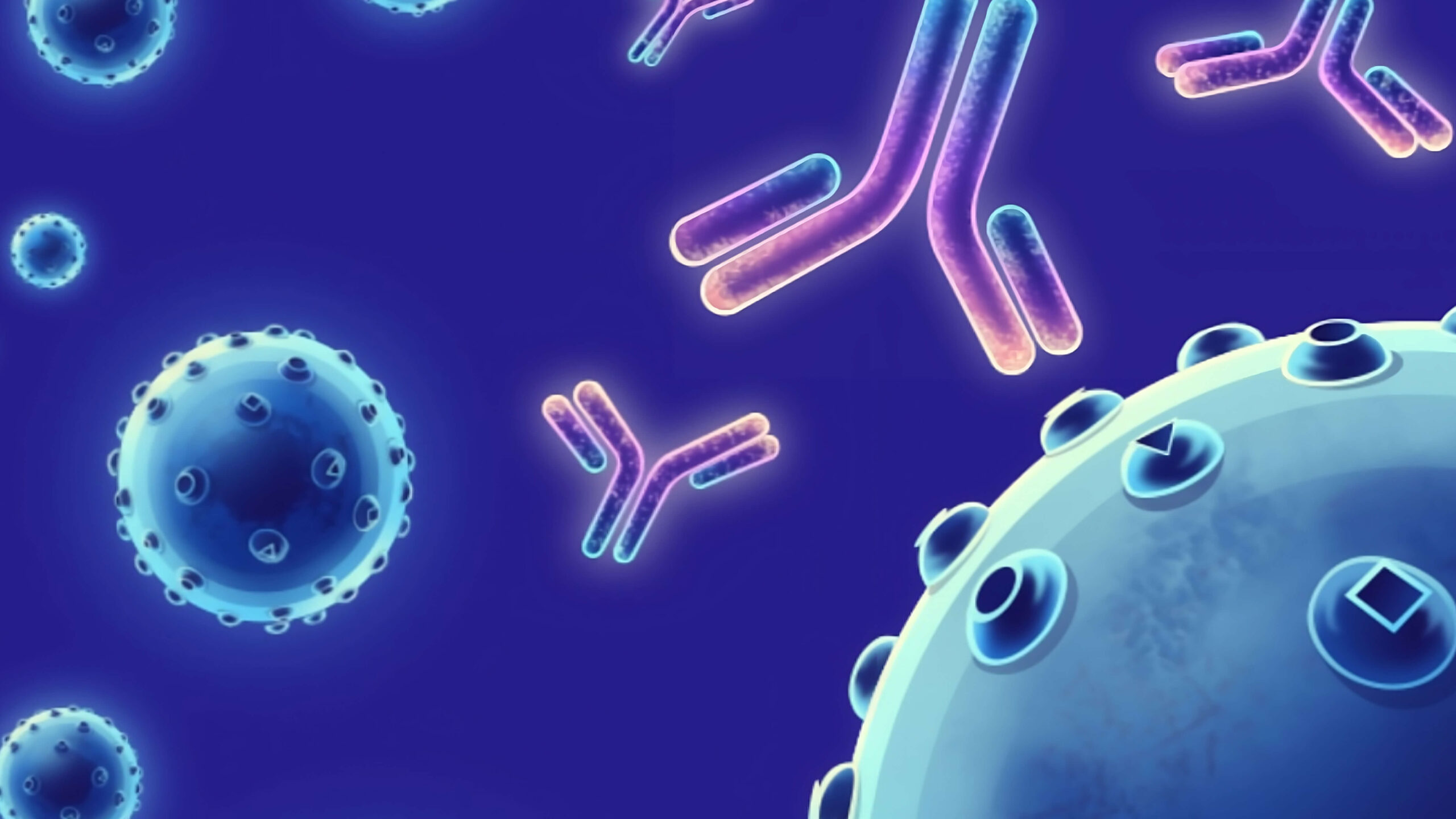Description
B lymphocyte stimulator (BLyS), also known as TNFSF13B, CD257 and BAFF, is a single-pass type II membrane protein, which belongs to the tumor necrosis factor family. BAFF is abundantly expressed in peripheral blood Leukocytes and is specifically expressed in monocytes and macrophages. BAFF is a cytokine and serves as a ligand for receptors TNFRSF13B (TACI), TNFRSF17 (BCMA), and TNFRSF13C (BAFFR). These receptors are a prominent factor in B cell differentiation, homeostasis, and selection. BLyS levels affect survival signals and selective apoptosis of autoantibody-producing B cells. Thus, it acts as a potent B cell activator and has been shown to play an important role in the proliferation and differentiation of B cells. Overexpression of BLyS in mice can lead to clinical and serological features of systemic lupus erythematosus (SLE) and Sjögren's syndrome (SS). BLyS is an attractive therapeutic target in human rheumatic diseases. The ability of BLyS to regulate both the size and repertoire of the peripheral B cell compartment raises the possibility that BLyS and antagonists thereof may form the basis of a therapeutic trichotomy. As an agonist, BLyS protein may enhance humoral immunity in congenital or acquired immunodeficiencies such as those resulting from viral infection or cancer therapy.
Target
TNFSF13B
Target Alias Names
BAFF, BLYS, CD257, DTL, TALL-1, TALL1, THANK, TNFSF20, ZTNF4
Isotype/Mimetic
Rabbit IgG
Animal-Derived Biomaterials Used
No
Sequence Available
No
Original Discovery Method
Phage display technology
Antibody/Binder Origins
Animal-dependent discovery (in vitro display, OR immunisation pre-2020), In vitro recombinant expression

